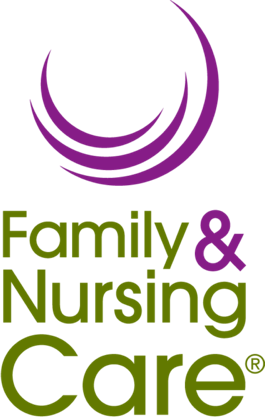For many older adults, isolation can lead to feeling alone, unseen, unheard, or no longer part of the world around them. As mobility declines, health conditions progress, or loved ones pass away, staying connected can feel increasingly out of reach.
While home care is often associated with practical support like help with bathing, dressing, or medication reminders, its benefits go far deeper. At its core, focused on depression home care offers a human connection, which can be life changing.
The Power of Purpose-Driven Companionship: Home Care for Depression
At Family & Nursing Care, we believe care should be about more than checklists. Caregivers assist with daily tasks while also fostering genuine, meaningful relationships with clients. It’s this companionship that can help older adults rekindle a sense of purpose, joy, and identity.
Caregivers might encourage clients to revisit hobbies they once loved like gardening, baking, reading, painting, or introduce new activities that stimulate creativity and engagement. Whether it’s reminiscing over family photo albums, preparing a favorite meal together, or simply sitting on the porch sharing stories, these moments can help restore the feeling that life is still full of meaning.
Staying Connected to Family and Community
Social engagement looks different for everyone. For some older adults, isolation stems from limited access to family or community events. Caregivers can help bridge that gap, offering transportation and mobility assistance, helping coordinate virtual visits with loved ones, or accompanying clients to faith services, activities, or neighborhood gatherings.
Even a short walk around the block with a caregiver, a trip to the grocery store, or a shared holiday tradition can have a powerful emotional impact. These experiences help older adults feel supported and truly seen.
Supporting Mental and Emotional Health with Home Care
Ongoing companionship can also support better mental health by reducing the risks associated with prolonged loneliness and depression. Studies show that social isolation in older adults is linked to higher rates of cognitive decline, heart disease, and mortality. Home care can play a preventative role, offering consistent, compassionate interaction and attention to emotional well-being.
Home Care that Sees the Whole Person
At Family & Nursing Care, we understand that thriving at home is about safety and support, connection, dignity, and meaning. That’s why we connect clients with caregivers who not only assist with daily activities but treat them with empathy and respect.
We’re here to help older adults rediscover joy in everyday life one meaningful interaction at a time.






